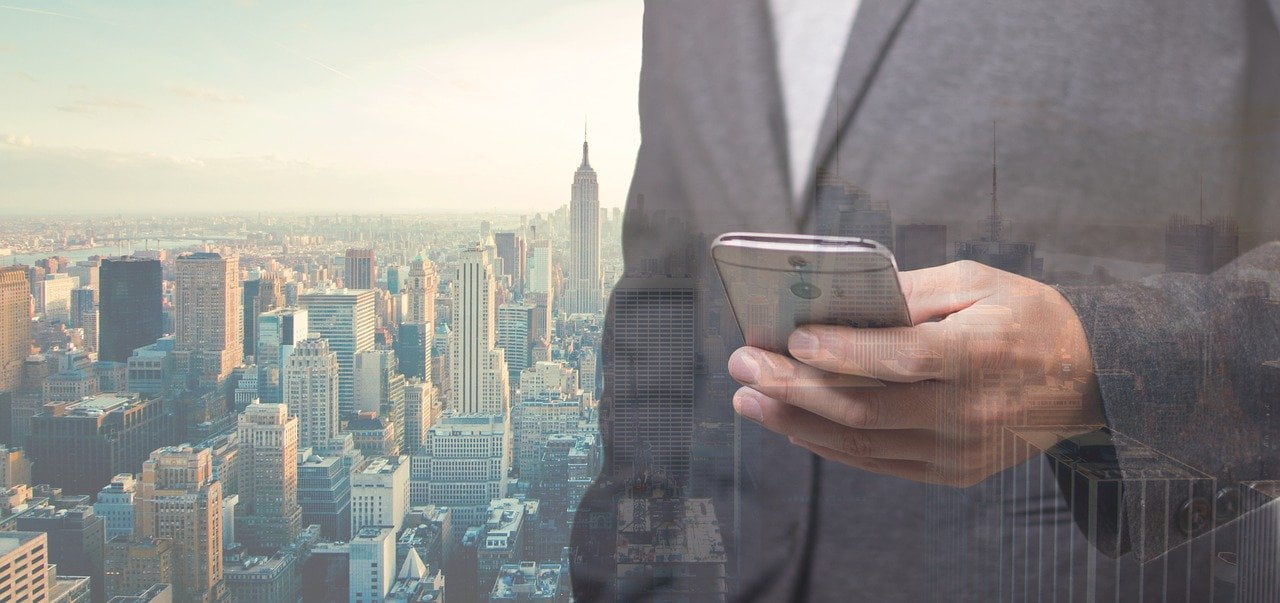One thing that all companies worldwide can attest to, is the effects of the coronavirus pandemic on all processes, and B2B buyers and sellers have also been affected and might sink further as the second wave of the pandemic is still actively wiping out more businesses. B2B is short for business to business, also known as B-to-B. It is a dealing between two businesses, like with a wholesaler and retailer or with a manufacturer and wholesaler. It is often conducted between companies, rather than companies and individuals.
Q3 2020 hedge fund letters, conferences and more
Understanding B2B Market
Since B2B is mostly done between businesses and not individuals, it is obvious that the transaction will generally occur in the supply chain. This is because companies buy products like raw materials and components in order to complete their production process and then final products could be sold to those involved in B2C transactions. It is also used in the context of communication where company employees can connect with each other through platforms such as social media. This type of connection between employees of two establishments is called B2B communication.
According to Forrester, the B2B e-commerce sector topped $1.134 trillion in 2018, more than $954 billion its projected forecast. And the numbers are expected to go higher by 2023. However, the B2B market has been greatly hit by the effects of the pandemic.
Covid-19 Hit
Just the same way people around the world are adjusting to life during the outbreak of a second wave of the coronavirus, so too are B2B companies trying to figure out ways through which they can stay in business, continue to operate, in order to recover. But this has only gotten worse with the outbreak of the second wave and some countries are going back to lockdown mode, after using off with restrictions for the first wave. The knock-on effect is seen in the various B2B sectors. According to reports from the tourism and hospitality sector of B2B, 2/3rd of the sector experienced substantial losses in business. Other sectors that have also been affected by the pandemic are education, personal services, manufacturing, and wholesale. The only B2B sectors that are experiencing little impact in comparison to the others are financial services, tech and telecom, and energy and utilities.
But in a pandemic, it's absolutely important to focus on only the smallest of details. For example, when we're talking about bonuses in online casinos, these companies may limit the B2B partnerships they may have with their partners in an attempt to centralize the value they provide in order to be self-sufficient in a way. Casino operators use casino bonus games to attract new users, and it is more especially so now that B2B is not as effective.
Just like the earlier wave, researchers were uncertain about the B2B respondents. They also expressed how worried they are about sales and revenues, liquidity, and cash flow, and how the sector was being disrupted by the pandemic. Although B2B markets may sink considerably, one advantage it has over B2C is that it had an easier shift to report working according to a survey. And even a lot of B2B marketers reported having effective sales as they worked from home. While some other B2B companies think their companies can get ready to work from home.
Bottom line
With teams working from home, together with the looming challenges, the question is, will B2B survive this second wave? The answers are unknown, but given how hard the sector has been hit, Therefore, the B2B market may tank considerably. Another reason that affects it is that B2B is usually not essential for parties involved. It's a small feature or a small trinket in the majority of cases. Making it easier for the sector to sink during this second wave despite its work from home strategy.






